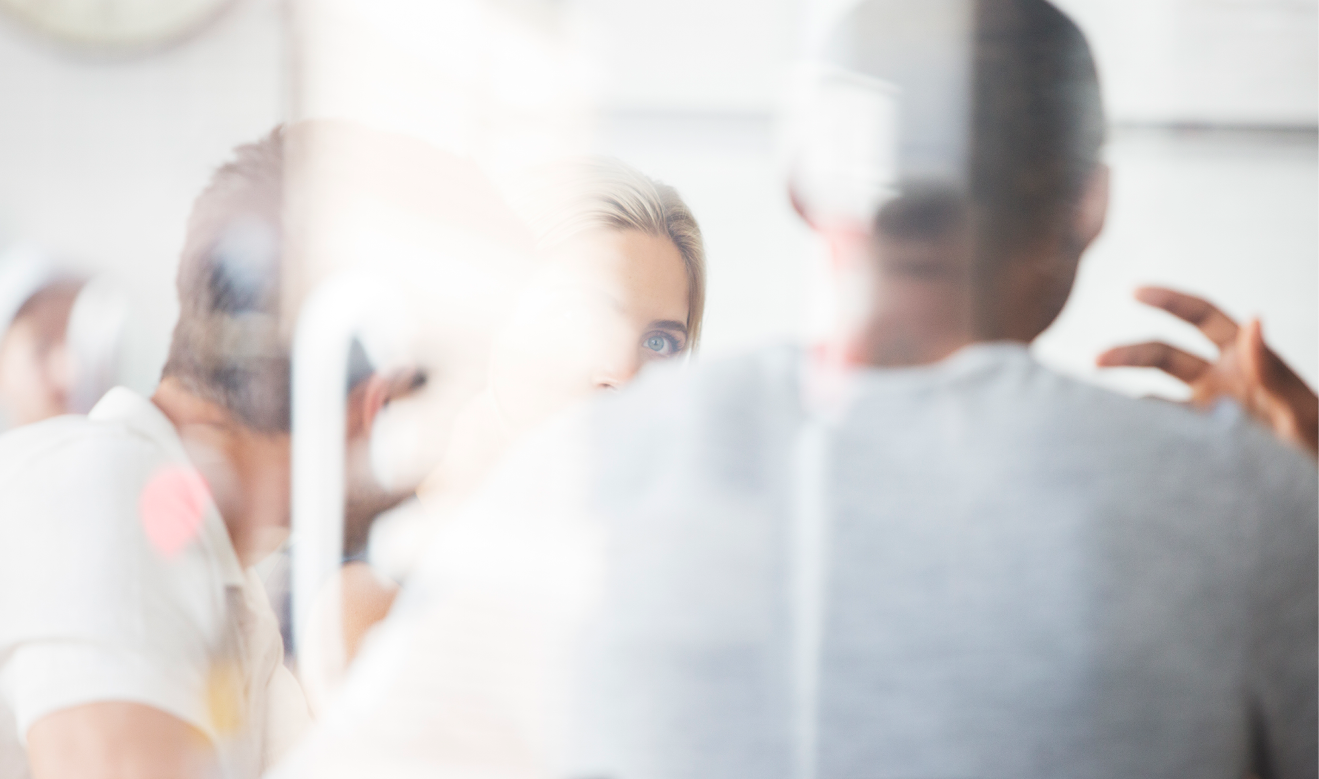BRG Experts Participate in the First In-Person Patent Trial Since Lifting of COVID-19 Restrictions


BRG is home to renowned thought leaders and experts considered authorities in their fields of work. Our timely research and perspectives provide analysis and insights on the most important issues facing the industries and organizations we serve.
Jury awards PanOptis full $506.2 million in royalties calculated by a BRG expert for willful infringement of five of its 4G LTE patents
Berkeley Research Group (BRG) Director Rebbecca Reed-Arthurs, PhD, provided expert testimony in the first live jury trial in a patent infringement matter since COVID-19 restrictions began. The trial in PanOptis et al. v. Apple Inc., was held in Marshall, Texas, during the first two weeks of August. On the second day of deliberations, the jury awarded PanOptis the full $506.2 million in damages calculated by Mr. David Kennedy, who had testified that this was a reasonable royalty for Apple to pay PanOptis based on the volume of Apple products using the technology.
Although Apple sought a two-month delay, presiding Judge Rodney Gilstrap, after considering the risks and benefits of allowing the trial to proceed as scheduled, found that the “better choice” was to proceed. The court took numerous precautions to protect trial participants and the jury. Dr. Reed-Arthurs noted that “the experience in the courtroom felt very similar to other cases, and the precautions taken did not appear to disrupt the trial in any way.”
The patents in suit related to technology that is incorporated into the LTE communications standard. Plaintiff technical experts determined that that the patents in suit resulted in faster LTE upload or download speeds relative to the use of noninfringing alternatives.
Dr. Reed-Arthurs, an Emeryville-based economist, conducted a choice-based conjoint survey of smartphone purchasers to measure consumer demand for increased LTE upload and download speeds. After conducting numerous robustness checks, she paired that data with information on competition in the smartphone market and the defendant’s financial and sales data to estimate how the changes in LTE upload and download speeds enabled by the patents in suit would have impacted the defendant’s profits from the accused devices.
Mr. Kennedy, based in Atlanta, presented two approaches to specifically value the patents in suit. A CPA for more than 30 years who has negotiated over 200 intellectual property-related transactions, Mr. Kennedy designed a hypothetical negotiation as part of his testimony. He opined on the license that PanOptis and Apple would have agreed to if they had negotiated instead of litigated.
Mr. Kennedy testified about the value of the specific footprint of the patented technology that was covered by the patents in suit using two independent approaches, in addition to performing other checks. First, he adopted Dr. Reed-Arthurs’ consumer survey results indicating the value actual cell phone consumers placed on LTE data speeds and converted that to a negotiated royalty amount. Second, he calculated the cost of additional cellular network equipment needed to provide the additional LTE speed if Apple did not use the patents in suit.
Each framework was tightly founded on—and coordinated with—the opinions from the technical experts in the case, an effort led by BRG Managing Director John Blair, based in Emeryville. The BRG team assisting Mr. Kennedy and Dr. Reed-Arthurs included: Manvin Bhatia, Jacob Kirsch, Celine Li, Keith Mendes, Jackie O’Neill, Colette Porter, and Owen Warner.
The views and opinions expressed in this case study are those of the experts and do not necessarily reflect the opinions, position, or policy of Berkeley Research Group, LLC or its other employees and affiliates.


Prepare for what's next.
ThinkSet magazine, a BRG publication, provides nuanced, multifaceted thinking and expert guidance that help today’s business leaders adopt a more strategic, long-term mindset to prepare for what’s next.

